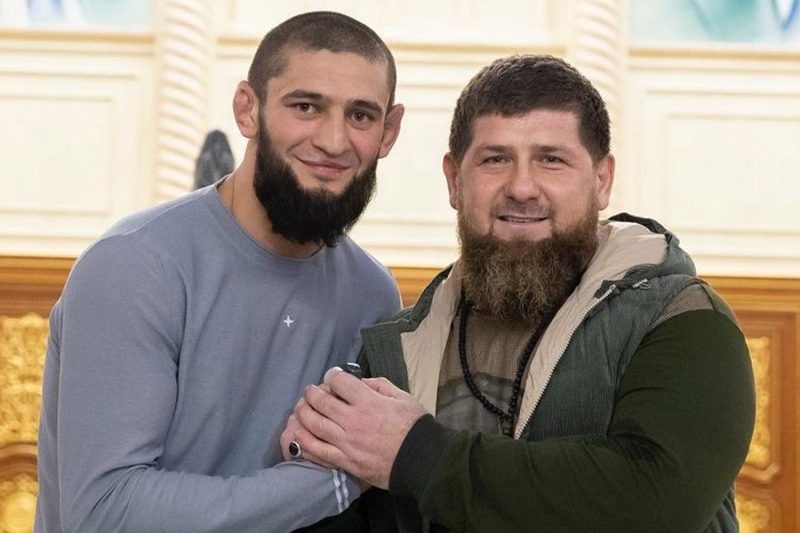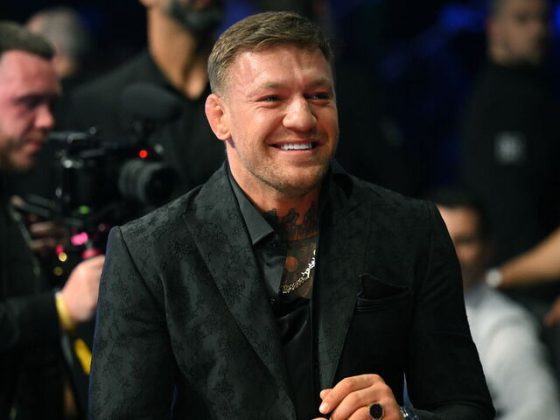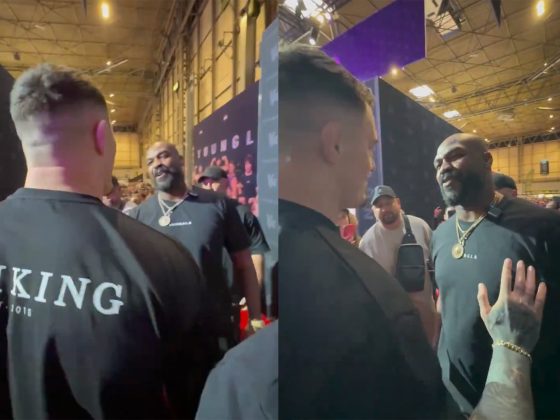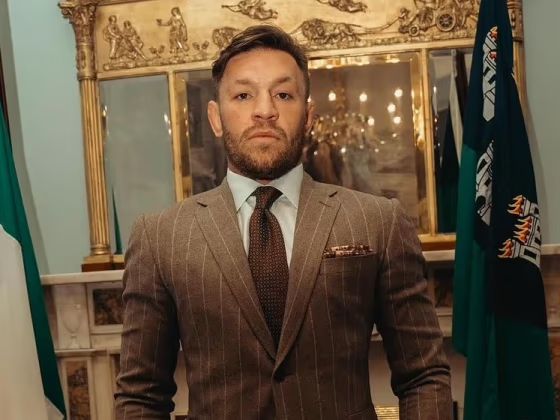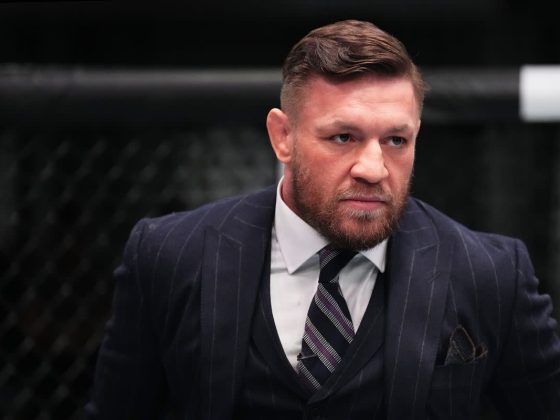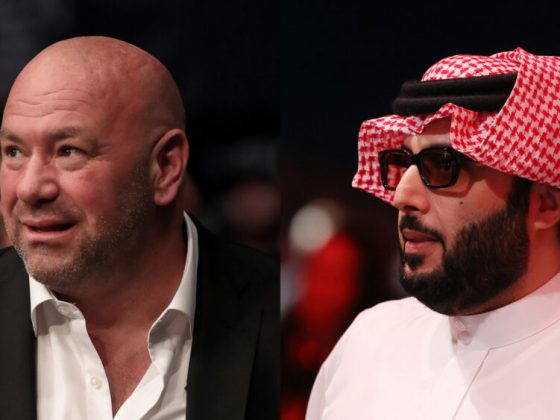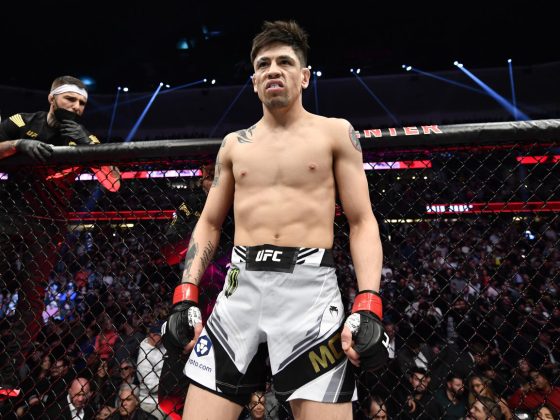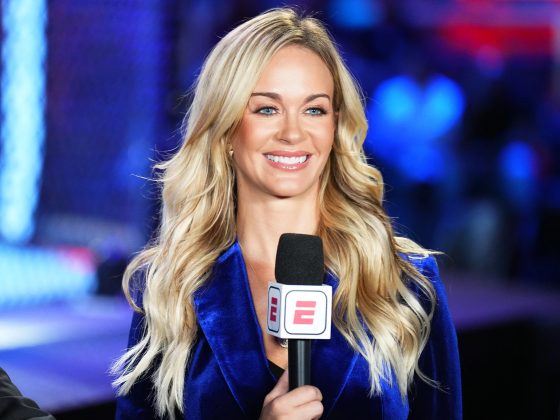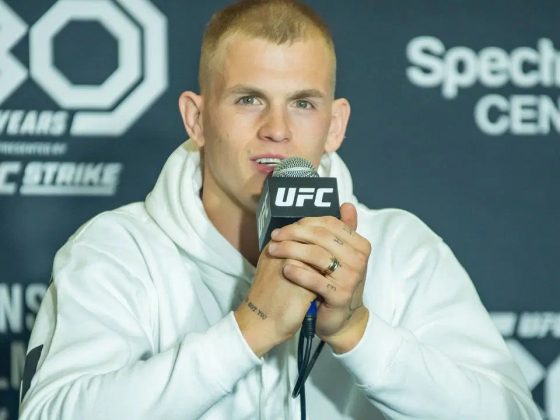The saga of Khamzat Chimaev’s visa struggles continues to unfold, revealing a tangled web of political entanglements and personal associations that have left the UFC fighter unable to enter the United States. As speculation swirls and fans await his return to the octagon, a closer examination of the underlying issues sheds light on the complexity of the situation.
Chimaev’s name had been linked to several discussions surrounding UFC 300’s headlining event, but his absence from the fight card was attributed to the proximity of the event to Ramadan and visa complications related to his Chechen nationality and Russian passport. However, the plot thickens with revelations of his close ties to Ramzan Kadyrov, the sanctioned Chechen leader whose controversial reputation has drawn international scrutiny.
Top MMA journalist, Karim Zidan has confirmed that Khamzat’s issues are bigger than just a Russian passport.
“Multiple sources familiar with the matter, speaking to Sports Politika on the condition of anonymity, suggested that the UFC fighter’s visa troubles stem, at least partially, from his association with the dictator,” Zidan reported on his SubStack page.
The relationship between Chimaev and Kadyrov extends beyond mere acquaintanceship, with reports indicating that the UFC fighter’s visa troubles may be exacerbated by his association with the dictator. Kadyrov’s involvement in human rights abuses, including torture and extrajudicial executions, has earned him sanctions from the U.S. State Department, placing anyone affiliated with him under heightened scrutiny.

To illustrate the gravity of the situation, comparisons are drawn to boxer Tyson Fury’s visa ban resulting from his association with Daniel Kinahan, the leader of Ireland’s Kinahan drug cartel. Fury’s inability to enter the United States serves as a cautionary tale, highlighting the far-reaching consequences of aligning oneself with individuals deemed persona non grata by the U.S. government.
Chimaev’s unwavering support for Kadyrov, evidenced by their close personal and professional ties, presents a formidable obstacle to his aspirations of competing in the United States. The State Department’s stringent stance on individuals linked to sanctioned entities underscores the challenges faced by athletes navigating geopolitical complexities in pursuit of their careers.
While Chimaev’s future in the UFC remains uncertain, alternative avenues for his participation in international events offer a glimmer of hope for his fans. With the promotion’s growing presence in the Middle East, opportunities for Chimaev to showcase his talents on the global stage persist, albeit under the shadow of diplomatic constraints.
As the geopolitical landscape continues to evolve, Chimaev’s saga serves as a reminder of the intricate interplay between sports and politics, where personal associations can have far-reaching implications. In the realm of professional athletics, navigating these complexities requires a delicate balance between ambition and adherence to ethical principles, as athletes strive to carve out their place in the competitive arena.
